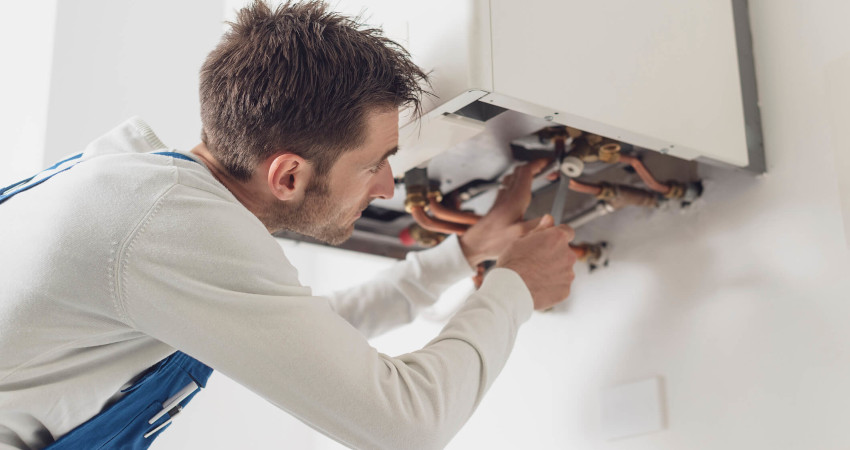Upgrading or replacing your water heater is a significant decision that can impact your household’s comfort, consumption, and bills. Whether you’re dealing with an outdated system or simply looking for a more efficient model, several factors must be considered. Learning key aspects to evaluate when deciding to upgrade or replace your water heater, including energy efficiency ratings, capacity, technological features, and overall cost are necessary.
Ready to learn about the features of best shower heater in the Philippines? Read on!
Energy Efficiency Ratings
Energy efficiency is crucial as it determines the operating cost of the water heater. High-efficiency models can significantly reduce energy consumption and lower utility bills. Our tip, look for Energy Star-rated water heaters, which meet strict efficiency criteria set by the EPA. Higher energy factor (EF) or uniform energy factor (UEF) ratings indicate better efficiency.
Capacity
The capacity of the water heater should match your household’s hot water demand. For instance, a family of four typically requires a 50-60 gallon tank water heater, while smaller households might suffice with 30-40 gallons. If considering a tankless water heater, ensure it has a sufficient flow rate (measured in gallons per minute, or GPM) to meet peak hot water demand.
Technological Features
Modern water heaters come with smart technology that allows remote control via smartphone apps, programmable settings, and energy usage monitoring. You can l ,ook for models with advanced safety features such as automatic shut-off, leak detection, and anti-scald technology, especially for bathroom use.
Overall Cost
Higher-efficiency water heater for bathrooms and those with advanced features often have a higher upfront cost. However, they can offer long-term savings through reduced energy bills and maintenance costs. Always consider the cost of fuel (electricity, gas, solar) and the expected lifespan of the unit. Energy-efficient models generally have lower operational costs.
Check for available rebates, tax credits, or incentives for installing energy-efficient water heaters, which can help offset the initial cost.
Upgrading or replacing your water heater involves careful consideration of various factors. By evaluating your household size and usage, you can select the right model that meets your needs and budget. The advancements in water heating technology provide numerous options to enhance your home’s comfort and efficiency. Investing in a high-quality, energy-efficient water heater can lead to substantial savings and contribute to a more sustainable lifestyle.

